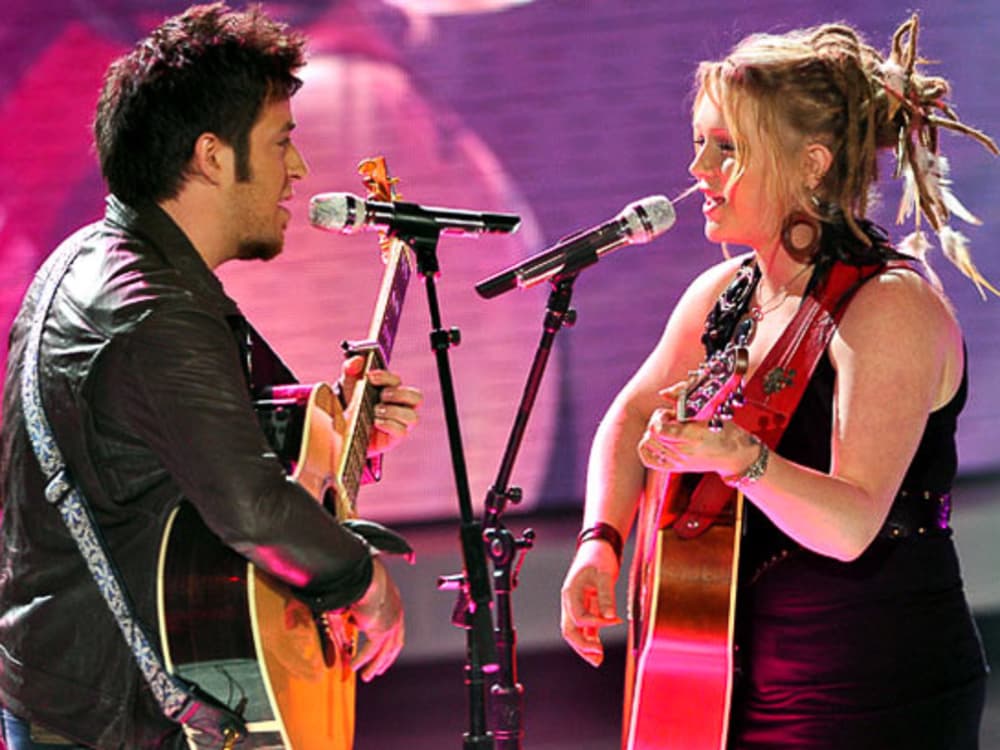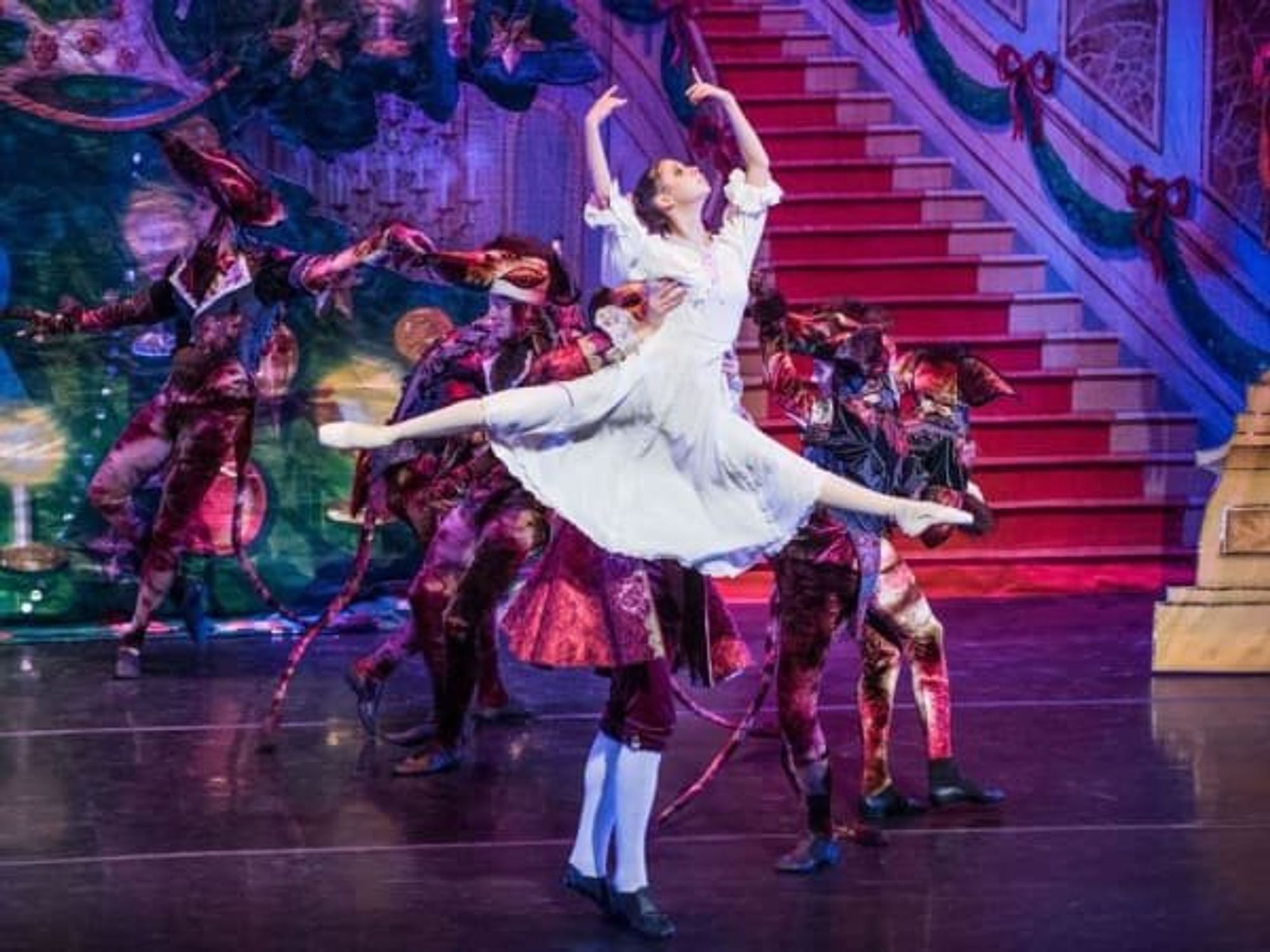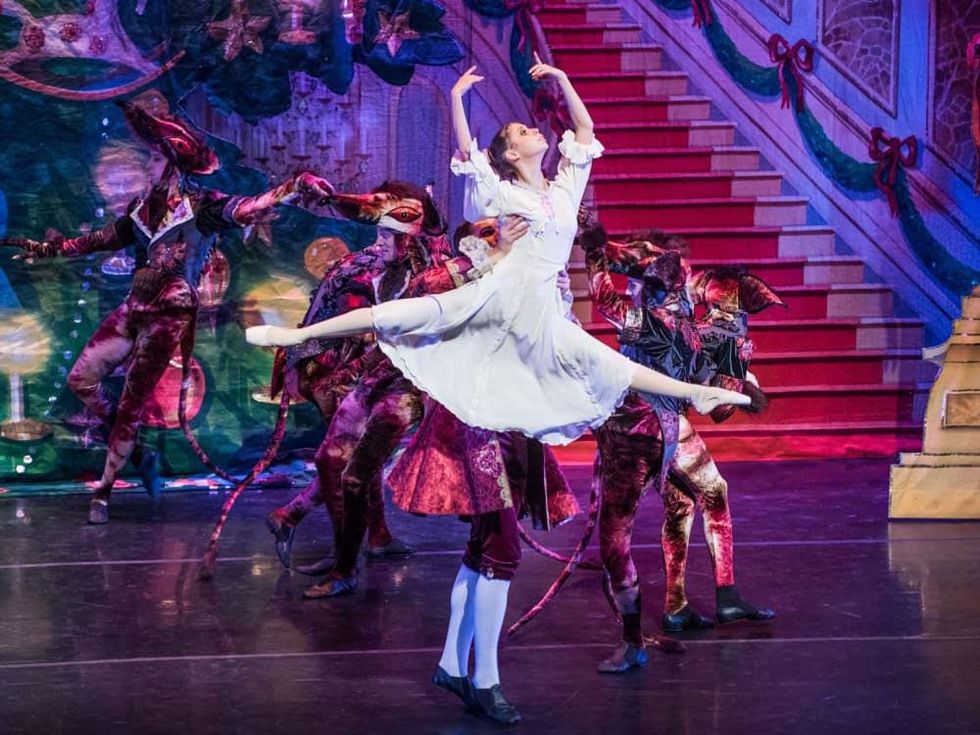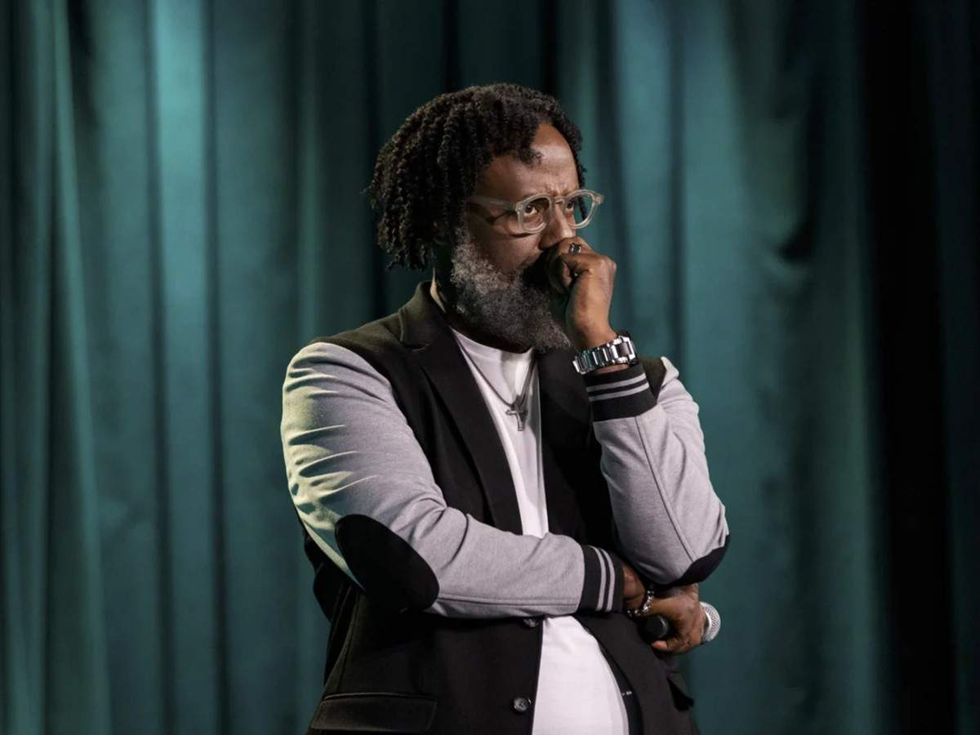Idol Chatter
Snap judgments on American Idol 10: Up for JLo, down on diminished public power
 Jennifer Lopez and the rest of American Idol's new judges sound committed tobringing the show back to its roots.
Jennifer Lopez and the rest of American Idol's new judges sound committed tobringing the show back to its roots. I'll still be suffering from Simon Cowell withdrawals.
I'll still be suffering from Simon Cowell withdrawals. But less instrumentals from the next Lee DeWyze has to be a good thing.
But less instrumentals from the next Lee DeWyze has to be a good thing.
Where do you go from your lowest-rated and least-regarded season in nine years? If you’re American Idol, you take a good look in the mirror and self-assess — juggernaut style, mind you.
Because let’s be real: even with the nine percent drop, Idol’s ratings are still covetable as compared to almost any other TV show, and even after nine years, the show’s footprint in American culture is still as relevant as ever, if not quite as impactful. All the tools are in place for Idol’s resurgence if the producers can just navigate their way back to the show’s sweet spot.
They’re certainly trying: Season 10, which starts Wednesday night, is full of potentially game-changing shake ups. Here’s a rundown of the major changes and what they could mean for the future of Idol:
Fresh faces
The skinny: Former executive producer Nigel Lythgoe returns to the show after a two-year absence, music executive Jimmy Iovine begins a stint as an in-house mentor and Ray Chew replaces resident bandleader Rickey Minor. But the real buzz surrounds the new judging panel of Jennifer Lopez, Steven Tyler and Randy Jackson and the departure of Kara DioGuardi, Ellen DeGeneres and, of course, Simon Cowell.
Snap judgment: A slew of new personalities and perspectives is exactly what Idol needs to invigorate both the show and its public after its stale ninth season. Though Cowell’s absence will be felt — my withdrawals started about a week ago — it’s important for Lopez and Tyler to not try to fill his hole, but instead carve out their own niches, molded by their strengths.
Encouragingly, it seems the current judges and Lythgoe are all sincerely passionate about bringing the show back to its roots by putting the spotlight back on the contestants and their talent. (And as an added bonus, the new panel’s chemistry is on fire.)
Younger talent
The skinny: Before the audition process began last summer, Lythgoe announced he was taking a cue from the Justin Bieber playbook by lowering the contestant age minimum from 16 to 15.
Snap judgment: Some of Idol’s purest talent came in the form of baby-faced 16-year-olds, including David Archuleta, Jordin Sparks and Diana DeGarmo. What made these contestants soar was the innate control they showed over their performances — an artistic wisdom, if you will, that transcended their age.
If Lythgoe and crew made a point to search for these kinds of 15-year-olds — ones who have a firm grasp on who they are and how to work their instrument — the lower age requirement could actually be a gateway to untapped talent.
Revamped semifinals
The skinny: In the past, the semifinal round stretched over a three-week period, during which viewers slowly whittled down the contestants from 24 to 12. This year, the semifinal round is reduced to one week: 10 guys and 10 girls chosen by the judges will perform in a “sudden death round,” with the top 10 vote-receivers advancing to the finals. The judges will fill in the last slots in the top 12 (or 13 — it’s still a mystery) with their wildcard picks.
Snap judgment: The three-week semifinal process was a special time in each season because it afforded viewers the opportunity to soak up contestants, to put together for themselves the puzzle pieces of their personality and artistry. Only allowing viewers one chance to hear contestants perform live before the finals eliminates some of this reward — and ultimately diminishes the power of the public.
Fewer instruments
The skinny: Instruments were introduced to the show in Season 7, and Lythgoe has since grown weary of them. He promises fewer opportunities for contestants to play instruments this season, though the exact breakdown is unknown: “It became tedious and boring,” he told Entertainment Weekly of last year’s frequent guitar playing.
Snap judgment: Allowing contestants to play instruments isn’t an inherently bad thing, but coming off of last season, its downfalls are glaring. Lee DeWyze, widely considered the weakest of the nine winners, often crumbled without his guitar, unable to rely strictly on the power and depth of his voice. Idol’s strongest alums have the ability to deliver brilliant live performances that cut through the studio enhancements of today’s Top 40 realm.
If contestants are forced to master their key instrument on the show — it is a vocal competition, after all — they’ll be better equipped to shine in the music industry.
New schedule
The skinny: The long-held tradition of Tuesday performance shows and Wednesday results shows is overturned this year: look for performances on Wednesdays and results on Thursdays. You can find the full Idol schedule here.
Snap judgment: It’s been fun, Thursday happy hours.
What are your thoughts on American Idol’s Season 10 shake ups?
Get more of Tara Seetharam's pop culture coverage on her website taraseetharam.com and follow her on Twitter.





